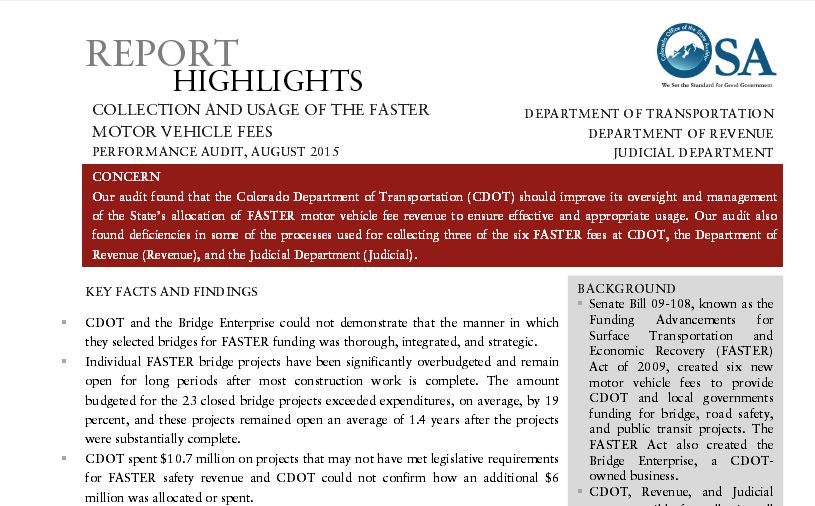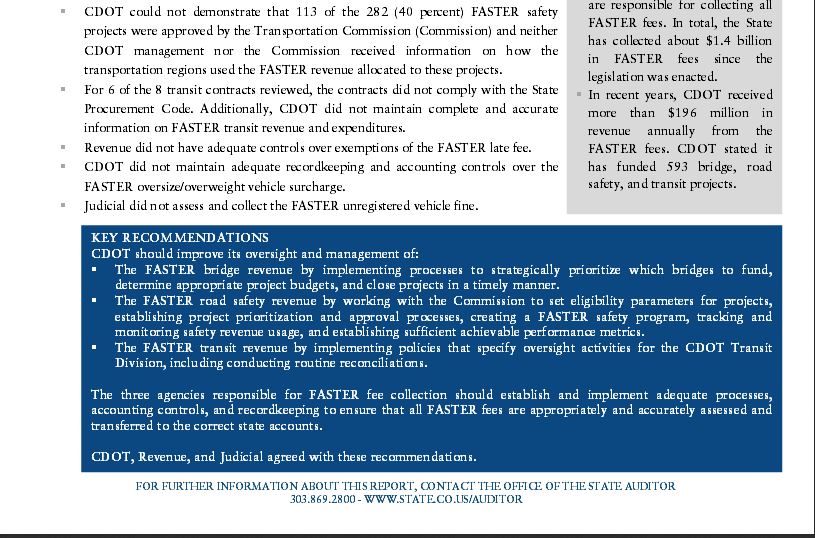It’s been called “The Fiscal Thicket” and “The Gordian Knot” over the past couple of decades, but however one terms it, there are conflicts in the state’s tax policies for good or ill.
While some don’t mind those conflicts, saying it keeps state and local budgets in check, others say it makes it nearly impossible to budget into the future, leaving some of the most basic needs going underfunded.
Here’s a timeline on how the state got here:
? 1982: It started when Colorado voters approved the Gallagher Amendment. That constitutional amendment split the state’s property tax burden, requiring commercial property to take the bulk of it, 55 percent, to residential at 45 percent. As a result, taxes for commercial property are assessed at 29 percent of its assessed value, while residential has dropped to 8 percent.
? 1992: A decade later, voters approved the Taxpayer’s Bill of Rights, which, among other things, placed a cap on how much money state and local government budgets could grow year after year, limiting it to population increases and inflation. It also required that any new tax be approved by voters. As a result, few tax increase proposals have been placed on the ballot.
? 2000: As a result of those two amendments, voters then approved Amendment 23, which called for automatic increases in K-12 spending regardless of what the economy was doing. As a direct result, about 40 percent of the state’s total budget now goes to fund education.
? 2005: To deal with an issue in TABOR that required state and local budgets to ratchet down during bad economic times, voters approved a five-year timeout of TABOR’s revenue caps, meaning any additional revenue that governments collected during that time could be reapplied to state and local services.
? 2009: Because taxes for gasoline haven’t gone up since TABOR was approved, and there was an increase in caseload due to the passage of the federal Affordable Care Act, the Colorado Legislature approved two new fees. One is known as the Road & Bridge Enterprise Fund, an additional fee that all Coloradans pay when registering their vehicles each year. The fund generates about $200 million a year for transportation projects. The second was the hospital provider fee, a charge hospitals pay to cover the cost of the additional uninsured Coloradans under the Affordable Care Act. This is the same year the Legislature created a “negative factor” on school funding, reducing how much money the state was paying for K-12 education.
Source: Colorado Legislative Council
http://www.gjsentinel.com/news/articles/evolution-of-the-states-current-tax-constraints




